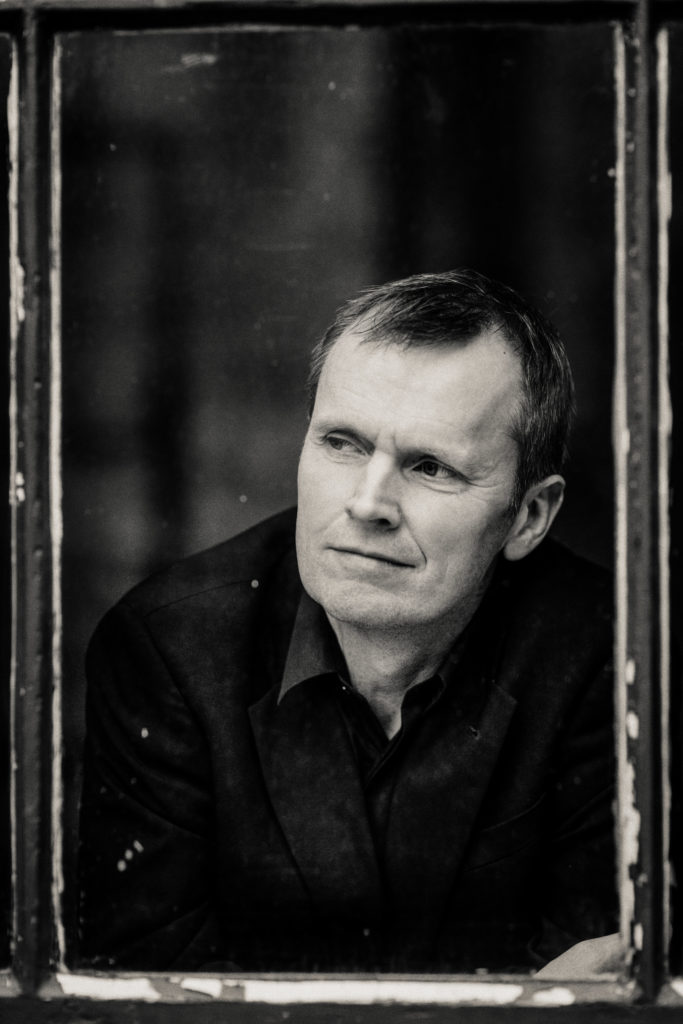
British Music Society of York: Steven Osbourne, Sir Jack Lyons Concert Hall, University of York, October 6
THE British Music Society of York launched its 102nd season in imperious style with one of the most consistently exciting pianists on the international circuit.
Having heard his duet partner Paul Lewis in this series last season, it was appropriate that the society should now welcome Steven Osborne.
In the build-up to Schubert’s penultimate sonata, D.959 in A major, he played the same composer’s Moments Musicaux, D.780, Schumann’s cycle Kinderszenen (Scenes From Childhood) and a Beethoven bagatelle.
It was an intoxicating mix, with expectation rising as the recital progressed. Schubert’s last three sonatas, all completed within the month of September 1828, merely two months before his death at the age of 31, are together generally considered his pianistic autobiography, covering the multi-coloured moods and styles of his approach to the instrument.
Osborne was exactly the chameleon required to reflect them. In the development section of the opening Allegro, perhaps the most volatile of all Schubert’s sonata movements, he was explosive, tinting his emotion with washes of serenity that led to a tear-jerking close.
In contrast, he emphasised the stark sparseness of the slow movement with a tempo that was closer to Adagio than the marked Andantino, only to deliver some frankly terrifying sforzandos at its stormy centre – all of which made the return to the opening all the more spellbinding.
Relief was needed and it came with a light and airy Scherzo, with an ideal balance between the hands as the melody switched locations; there was a cute rallentando when the Trio melted back into the Scherzo.
There was a magical charm, too, in the way the final Rondo’s excursions returned to the theme, teasing us exactly as Schubert intended, before a powerfully impassioned coda. It was a hectic ride, but Osborne’s virtuosity enabled him to weather its vicissitudes with immaculate control.
He had opened his second half with Beethoven’s Bagatelle, Op 33 No 4, not least because it was in the same key as the Schubert, which followed with barely a break. He kept it simple, revealing the composer’s skill at complementary accompaniment to the main melody.
In Schubert’s six Moments Musicaux at the start of the evening, he had been inclined to signpost the various moods a touch too strongly, rather than allowing the contrasting keys to speak for themselves.
But his ability to carry a line was never in doubt, and it was even more valuable in Kinderszenen that followed. Here he produced lovely inflexions in the melody of Traümerei (Dreaming) and was equally hypnotic when the child was falling asleep. Yet blind man’s buff was a playful moto perpetuo and the hobby-horse knight maintained a pompous canter. Like the rest of the programme, it was irresistibly vivid.
Review by Martin Dreyer
